The most persistent sound which reverberates through man's history is the beating of war drums
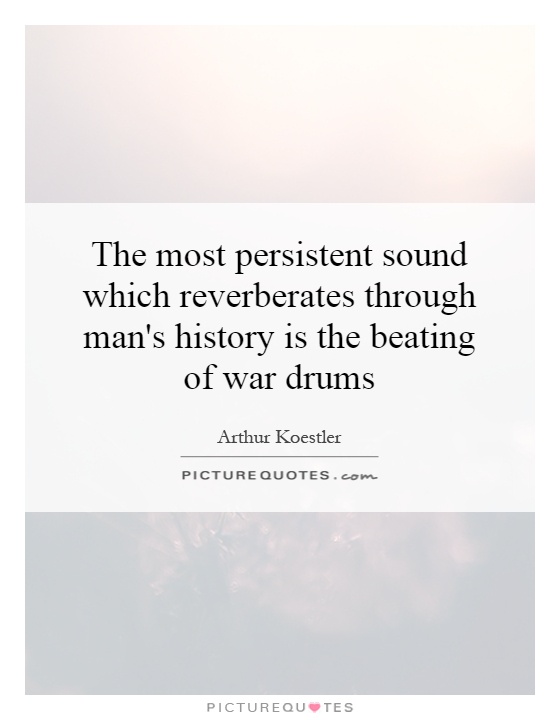
The most persistent sound which reverberates through man's history is the beating of war drums
Arthur Koestler, a Hungarian-British author and journalist, was no stranger to the horrors of war. Born in 1905, he lived through both World Wars and witnessed firsthand the devastating impact that armed conflict can have on individuals and societies. Throughout his career, Koestler explored the themes of power, violence, and the human capacity for cruelty in his writing, often drawing on his own experiences to create powerful and thought-provoking works.In the context of Koestler's work, the idea that "the most persistent sound which reverberates through man's history is the beating of war drums" takes on a particularly poignant meaning. Koestler's novels and essays are filled with vivid depictions of war and its aftermath, highlighting the ways in which violence and conflict have shaped human history. From his early experiences as a journalist covering the Spanish Civil War to his later reflections on the rise of totalitarianism in Europe, Koestler's writing is infused with a deep sense of the destructive power of war.
One of Koestler's most famous works, "Darkness at Noon," explores the impact of political violence and repression on individuals caught up in the machinery of totalitarianism. Set during the Stalinist purges of the 1930s, the novel follows the story of Rubashov, a high-ranking Communist Party official who is arrested and interrogated by the government he once served. As Rubashov grapples with his own complicity in the regime's crimes, Koestler paints a chilling portrait of the ways in which war and violence can corrupt even the most idealistic of individuals.
In his essays and non-fiction works, Koestler also delved into the broader historical and philosophical implications of war. He was deeply critical of the ways in which militarism and nationalism can be used to justify violence and oppression, and he argued passionately for a more peaceful and humane world. Throughout his writing, Koestler returned again and again to the idea that war is a destructive force that must be resisted at all costs, lest it consume us all.

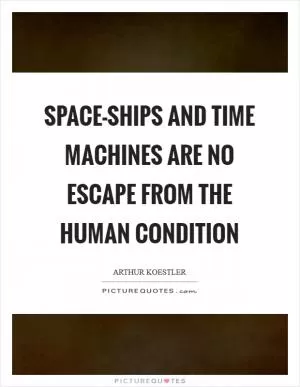
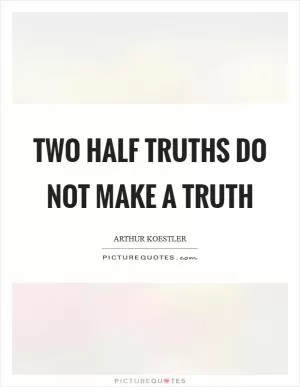
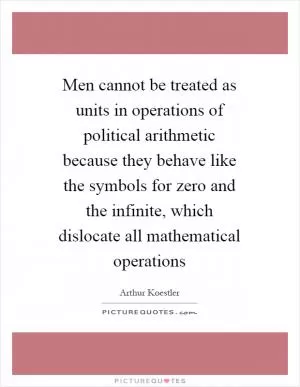
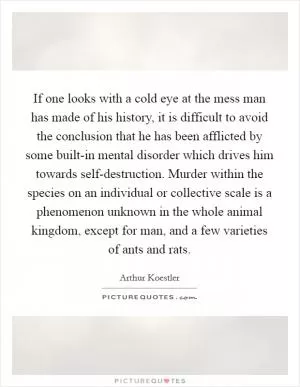
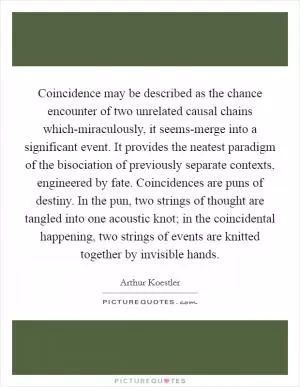
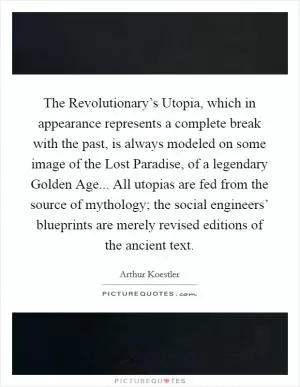

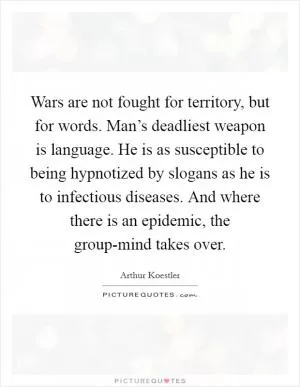
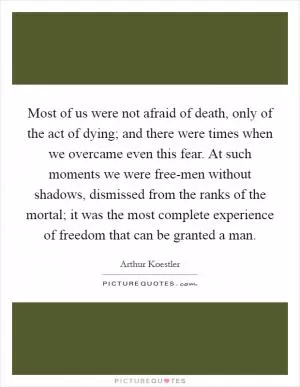
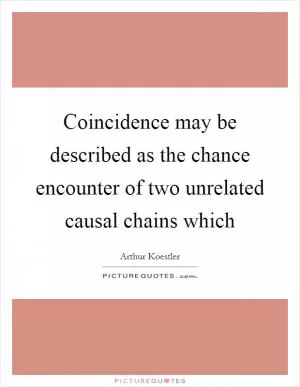
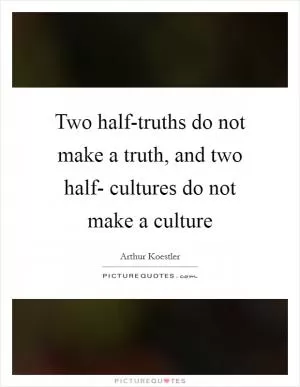
 Friendship Quotes
Friendship Quotes Love Quotes
Love Quotes Life Quotes
Life Quotes Funny Quotes
Funny Quotes Motivational Quotes
Motivational Quotes Inspirational Quotes
Inspirational Quotes